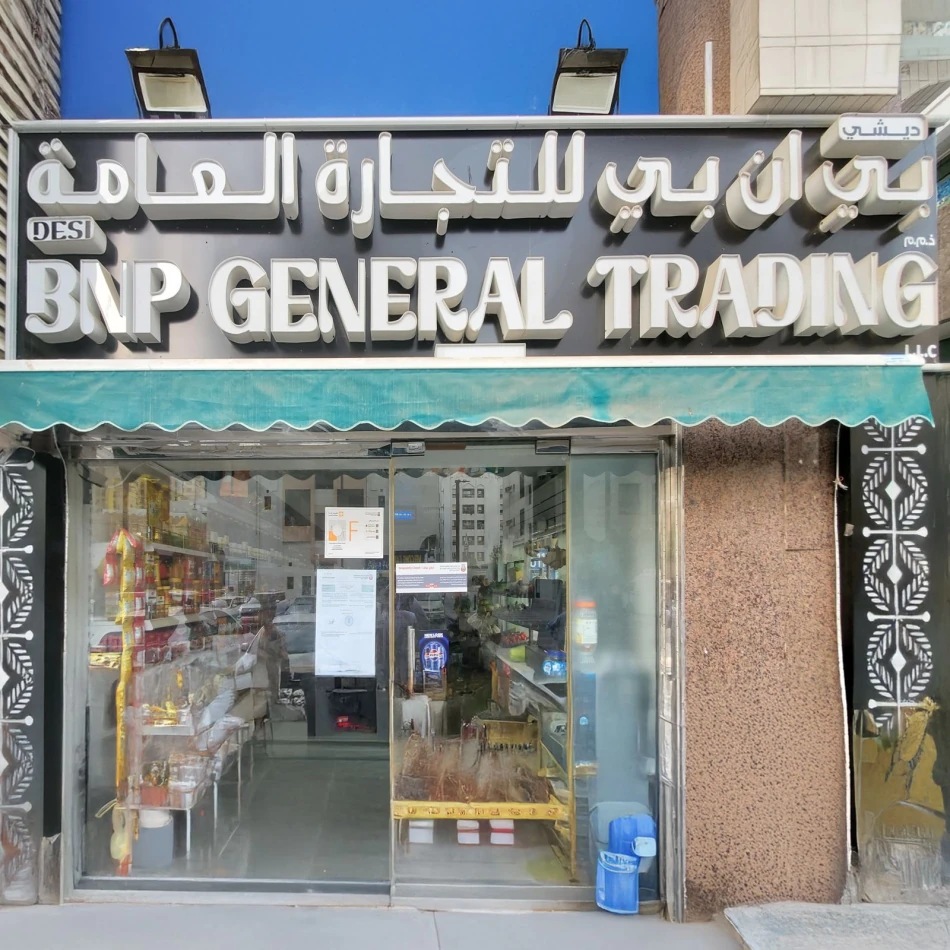
Abu Dhabi Food Safety Authority Shuts Down Deshi BNB General Trading Establishment
Abu Dhabi Shuts Down Food Trading Company Over Repeated Safety Violations
The Abu Dhabi Agriculture and Food Safety Authority has ordered the immediate closure of Deshi BnB General Trading LLC, citing repeated food safety violations and ineffective corrective measures that pose risks to public health. The administrative shutdown reflects the emirate's increasingly stringent approach to food safety enforcement as it positions itself as a regional hub for food security.
Enforcement Action Highlights Systematic Failures
The closure of the company, which operates under commercial license CN-4466121, stems from violations of Abu Dhabi's Food Law No. 2 of 2008 and related regulations. According to the authority's food control report, the decision followed a pattern of repeated safety infractions and the company's failure to implement effective corrective procedures.
The administrative closure will remain in effect until the company fully addresses all violations and demonstrates complete compliance with food safety requirements. This approach allows businesses to resume operations only after proving they can maintain proper standards, rather than imposing fixed-term penalties that might not address underlying issues.
Part of Broader Food Security Strategy
Proactive Consumer Protection
The enforcement action aligns with Abu Dhabi's comprehensive plan to strengthen its food safety ecosystem through regular inspections of all food establishments. This systematic approach emphasizes preventive protection for consumers rather than reactive measures after problems occur.
The authority's strategy reflects growing recognition across the Gulf region that food safety infrastructure is critical for economic diversification and public health resilience. As supply chains become more complex and international trade increases, regulatory frameworks must evolve to address emerging risks.
Public Participation in Oversight
The authority has encouraged public involvement in food safety monitoring, urging residents to report violations or suspicious food products through the Abu Dhabi government's toll-free number 800555. This crowdsourced approach to food safety surveillance can significantly expand regulatory reach beyond traditional inspection capabilities.
Such community-based reporting systems have proven effective in other jurisdictions, particularly in identifying violations at smaller establishments that might receive less frequent official inspections. The success of this approach depends on public awareness and confidence in the regulatory response.
Regional Context and Implications
Abu Dhabi's food safety enforcement reflects broader trends across the UAE and Gulf region, where governments are strengthening regulatory frameworks to support food security objectives. The UAE's national food security strategy aims to position the country as a global hub for food trade and innovation, requiring robust safety standards to maintain international credibility.
The emirate's approach mirrors enforcement patterns in Singapore and other food import-dependent jurisdictions, where strict compliance requirements help maintain consumer confidence and support premium market positioning. For businesses operating in Abu Dhabi's food sector, the message is clear: regulatory compliance is not optional, and repeat violations carry significant operational consequences.
This case demonstrates how regulatory authorities are moving beyond warning-based approaches toward immediate operational impacts for non-compliant businesses, reflecting the critical importance of food safety in maintaining public health and economic competitiveness.
Most Viewed News

 Sara Khaled
Sara Khaled






